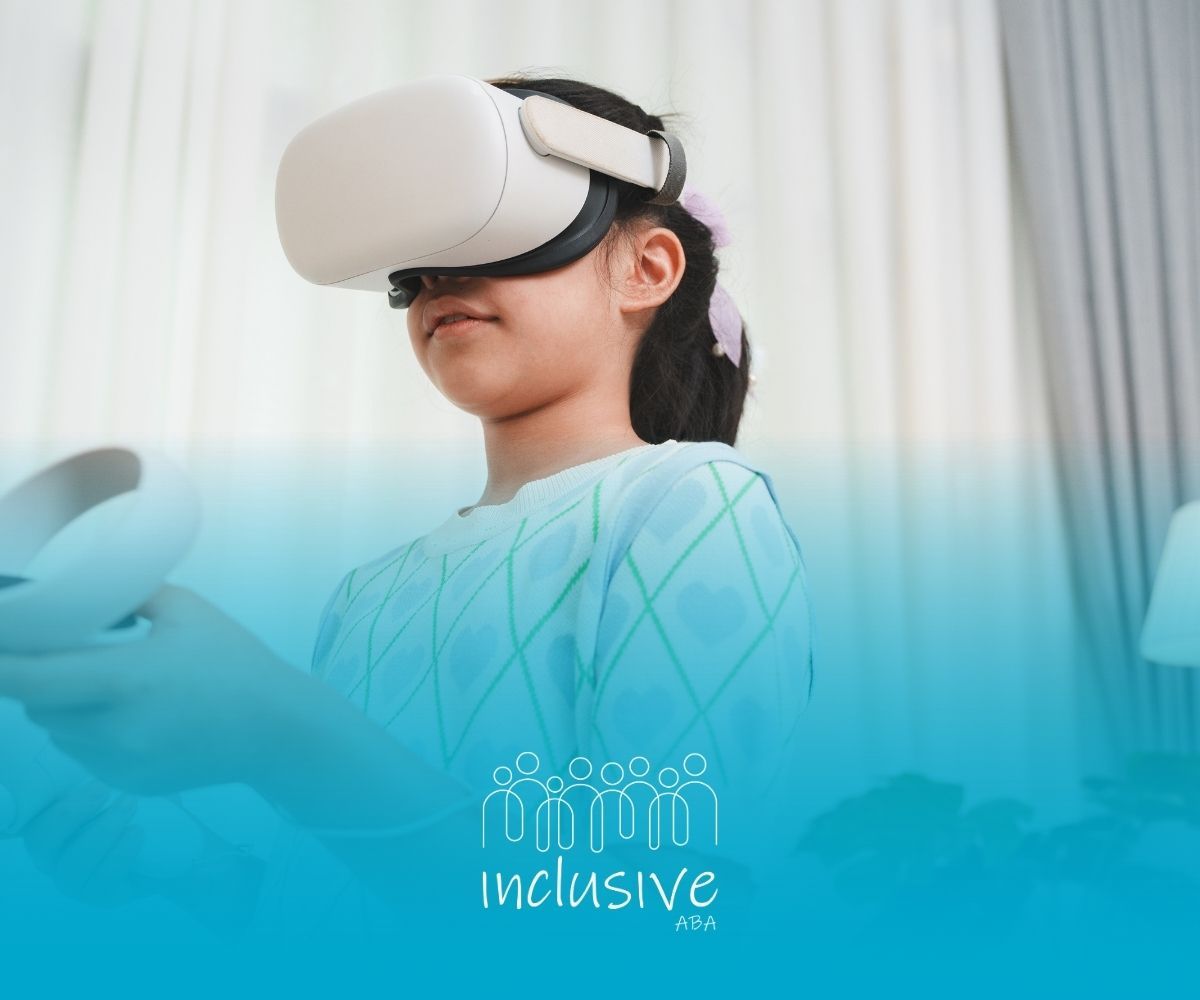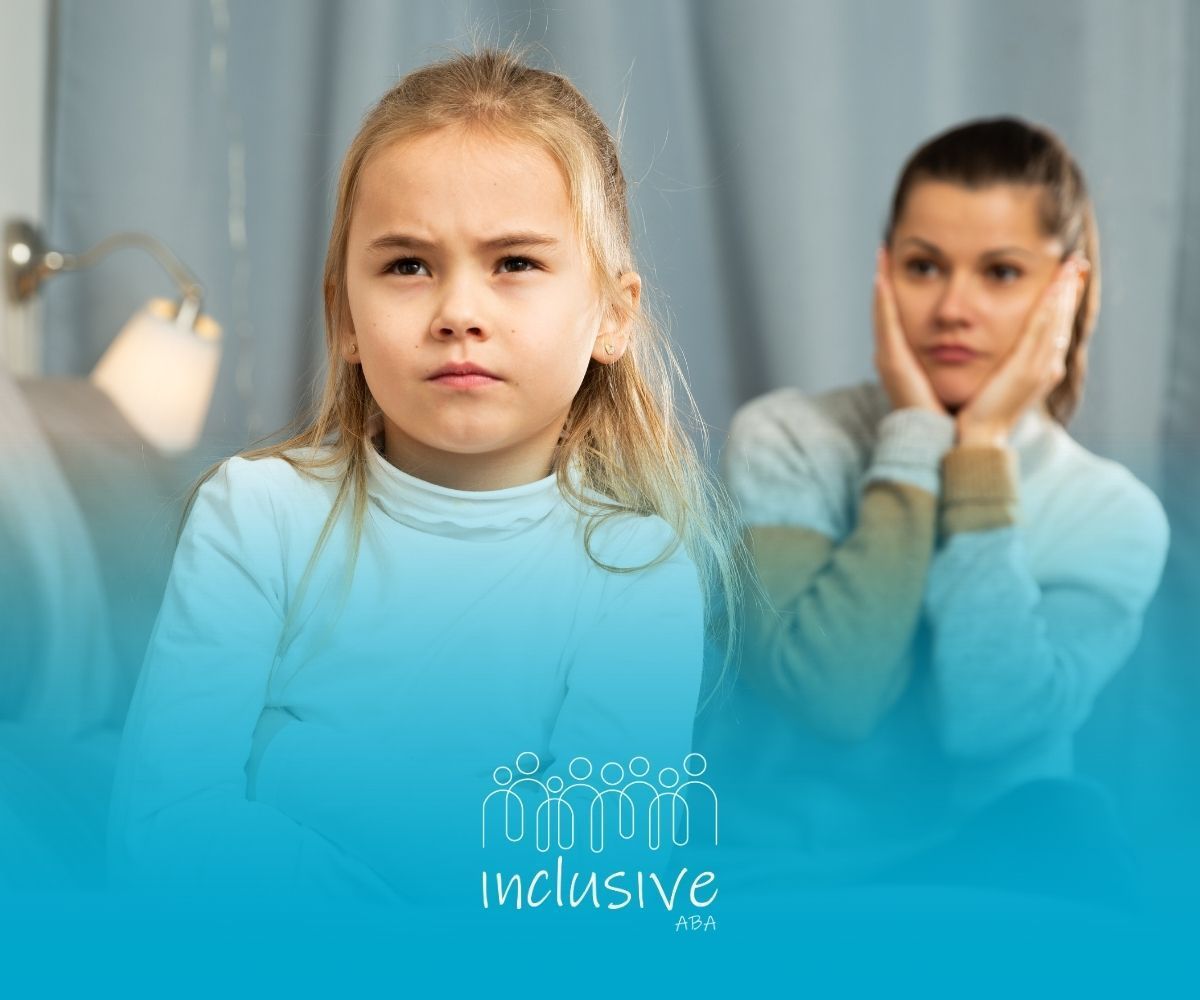How Do Autistic Kids Play? Key Insights for Families
Play is a vital part of childhood development, but how do autistic children play? Autistic children often play differently than their neurotypical peers. Their play may be more repetitive and focused on specific objects or parts of objects, such as spinning wheels or lining up toys. They might prefer solitary play and show less interest in interactive or pretend play.
Many autistic children enjoy cause-and-effect play, like pressing buttons to make sounds, and toy play where they use toys in functional ways, though sometimes with less variety. Sensory preferences can influence their play choices—they may be drawn to toys with certain textures or sounds and avoid others. Some autistic children may not imitate others’ play or seek social interaction during play, making joint play challenging.
Understanding these differences helps caregivers support autistic children’s play development by offering predictable routines, engaging in their preferred activities, and gently encouraging social interaction.
If you want to learn more about supporting your child’s unique play style,
contact Inclusive ABA in Nevada, Nebraska, or Colorado. Our expert team is here to help your child grow through play and learning.
FAQs
Do autistic children prefer solitary play?
Yes, many autistic children engage more in solitary or repetitive play than social play.
Can autistic children learn to play with others?
With support and guidance, many autistic children develop social play skills over time.
Why do autistic children repeat certain play actions?
Repetitive play can provide comfort and help them explore sensory experiences.
Sources:
- https://www.sdn.org.au/village-of-learning/parenting-article-play-skills-in-autistic-children/
- https://www.nature.com/articles/srep40700
- https://www.marcus.org/autism-resources/autism-tips-and-resources/promoting-early-play-skills
- https://eric.ed.gov/?id=EJ1303961
- https://iidc.indiana.edu/irca/articles/play-time-an-examination-of-play-intervention-strategies-for-children-with-autism-spectrum-disorders.html
Looking for Expert Help? We're Here for You!
Our compassionate and skilled team is devoted to enhancing your child's development through customized ABA therapy. Let us partner with you to create a supportive environment for your child's success.
Discover how we can help your family thrive with expert ABA therapy.
Related Posts







